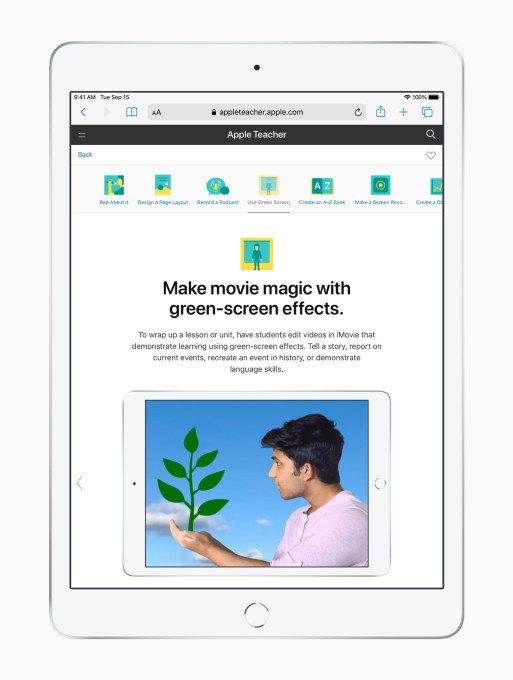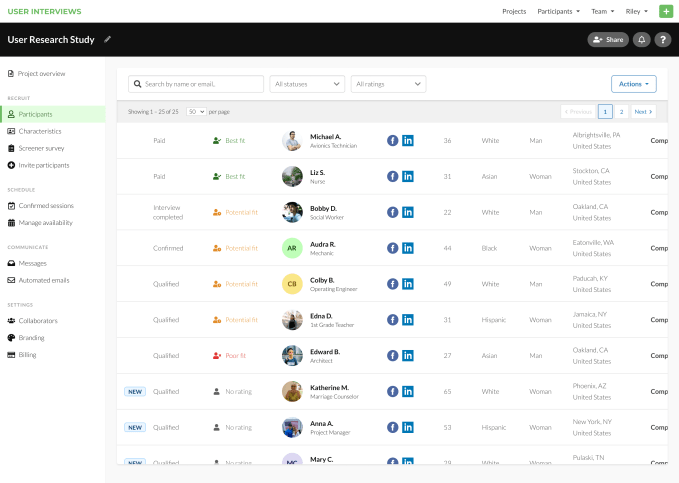News: OnePlus 9 arrives, sporting a Hasselblad-branded camera system
Cameras have long been the battleground on which the smartphone wars have been fought. Short of any left-field innovation like folding screens or strange form factors, that looks likely to continue to be the case for the foreseeable future. Year after year and generation after generation, companies tout imaging breakthroughs to set themselves apart. It
Cameras have long been the battleground on which the smartphone wars have been fought. Short of any left-field innovation like folding screens or strange form factors, that looks likely to continue to be the case for the foreseeable future. Year after year and generation after generation, companies tout imaging breakthroughs to set themselves apart.
It makes sense. Smartphones have improved to a point where flagship devices are, as a rule, pretty good. And while cameras have been a part of those improvements, there’s still a lot of room for improvement, both in terms of hardware and the software/AI that augments it. Recently, OnePlus announced that it would be recruiting a big name to help it in that fight.
Earlier this month, the Chinese smartphone maker unveiled a three-year deal with Hasselblad, one of the most iconic names in the photography space. Announced at an event today, the company’s new OnePlus 9 series will be the first handset to sport the early fruits of the $150 million deal.
The deal makes sense from a strategic standpoint. After all, OnePlus’s transformation from a high-end budget device to flagship competitor has put companies like Apple and Samsung in its sights. Both of those companies have established and long-standing imaging departments for their hardware, so in addition to a clear branding partnership, this does seem to be an earnest attempt to level the playing field.

Image Credits: Brian Heater
It’s worth noting, up top, that the days of being the budget alternative are, to a degree, gone. The OnePlus 9 starts at $729 and the Pro starts at $969. As smartphone pricing goes, that’s toward the lower-end of premium devices, but after the introduction of the Nord, it seems safe to say that budget will no longer be a primary differentiator for OnePlus’s primary line.
Naturally, the OnePlus 9 Pro gets the most benefit from these early stages of the Hasselblad deal. The primary camera sports a 48-megapixel Sony sensor, coupled with improved focus speeds and increased color accuracy. The ultrawide camera has a 50-megapixel sensor (also Sony), with a lens designed to reduce distortion. Interestingly, the company says it’s also effective for shooting close macro shots with distances as close as 4cm.
The third primary camera is an eight-megapixel telephoto capable of up to 30x digital zoom (though you’re going to lose a fair bit of information). There’s a fourth monochrome camera, as well, which primarily serves to help improve black and white shots. The standard OnePlus 9 has a similar setup, though you’ll drop that telephoto lens.
Here’s OnePlus on what Hasselblad is bringing to the table this time out:
The new Hasselblad Pro Mode offers incredibly accurate and natural color for a solid foundation for post-editing. It has been revamped with a new user interface based on Hasselblad’s image processing software to give professional-level users a unique Hasselblad look and feel. It also allows for an unprecedented amount of control for expert photographers to fine-tune their photos, with the ability to adjust ISO, focus, exposure time, white balance and more. Users can also shoot in 12- bit RAW format for 64-times the color compared with 10-bit RAW traditionally found in other smartphones.

Image Credits: Brian Heater
Keep in mind, the partnership is still in its early stages, and much of the money is going toward R&D, so we’ll probably be seeing more integration down the road.
The display is the same as the one found in the OnePlus 8T. That’s a 6.55-inch AMOLED with a 120Hz refresh rate. Brightness maxes out at 1,100 nits, and the screen sports HDR10+ certification. There’s a Snapdragon 888 inside, coupled with 8 or 12GB of RAM and 128 or 256GB of storage. Both models feature a solid 4,500 mAh battery that goes from empty to 100% charge in 29 minutes.
Pre-orders start March 26. The handsets will ship April 2.






